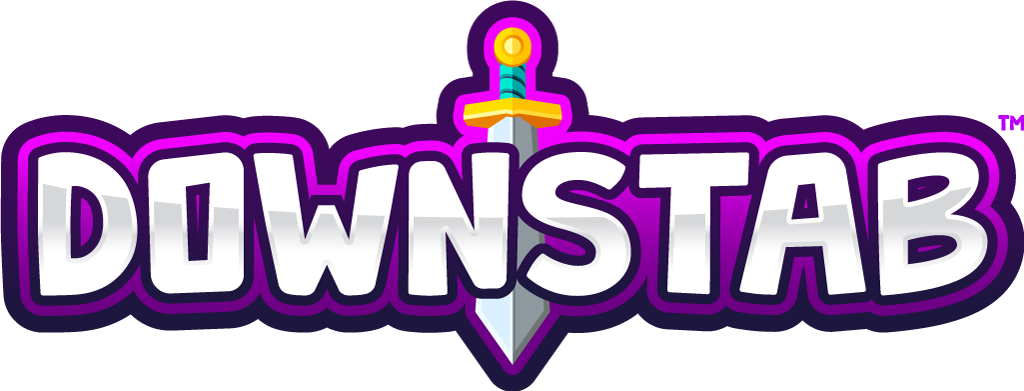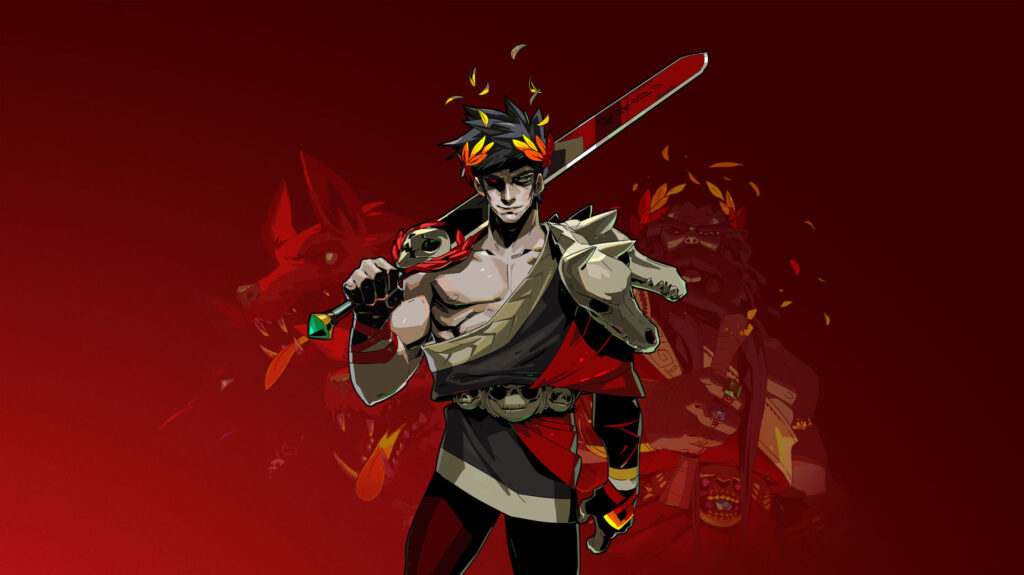Just one more run.
My nights as of late have been consumed by the idea I can get just a bit further in escaping the underworld. Escaping the clutches of the lord of the dead has become simpler as time goes on, and my escape attempts have similarly become successful. Yet I still find myself jumping time and time again trying one more time.
Just one more run!
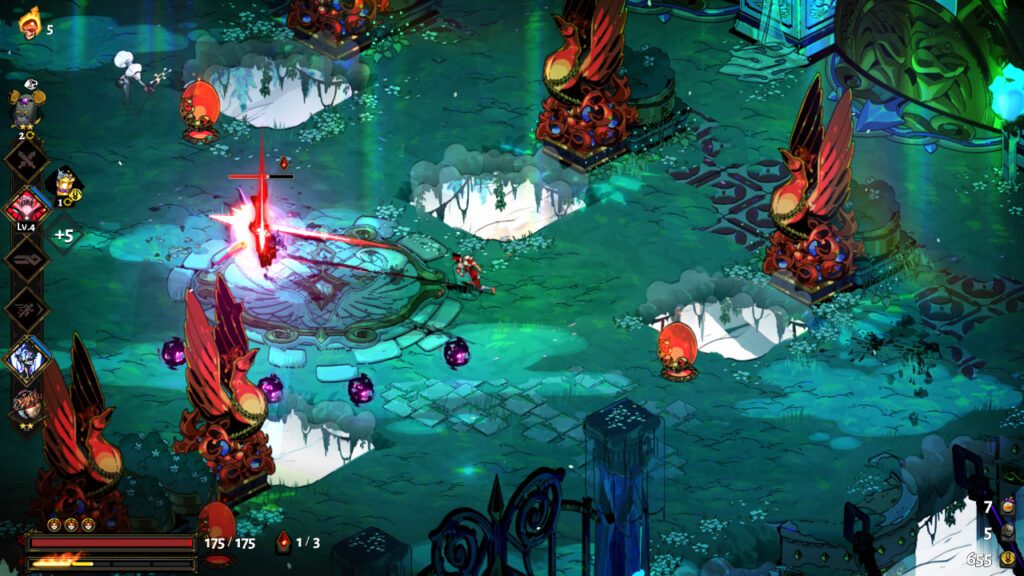
Prior to Supergiant Games’ Hades on the Nintendo Switch, my favorite dive into the Roguelike genre was 2016 and Rogue Legacy. That game was the perfect blend of platforming, action, RPG, and difficulty. A charming story about each different run in the dungeon being attempted by another descendent of the same familial line was the icing on the cake of a wonderful gaming experience. I’m getting the same sort of vibes form Hades dozens of hours into the game.
The charm of Hades is immediately apparent: the storyline mixes well with the gameplay, and in doing so creates an experience that is uniquely tailored to exactly how you play the game. Died at a specific boss more than once? A character you talk to will know this. Got past a previous stage that was giving you trouble? You’ll hear about it back home when you return. Happen to have a special powerup from a god? Chances are the next one you pick up from a different god will speak about it. It’s so seamless and intrinsic to the gameplay I forgot the narrative was reacting to how I played and not scripted for everyone.
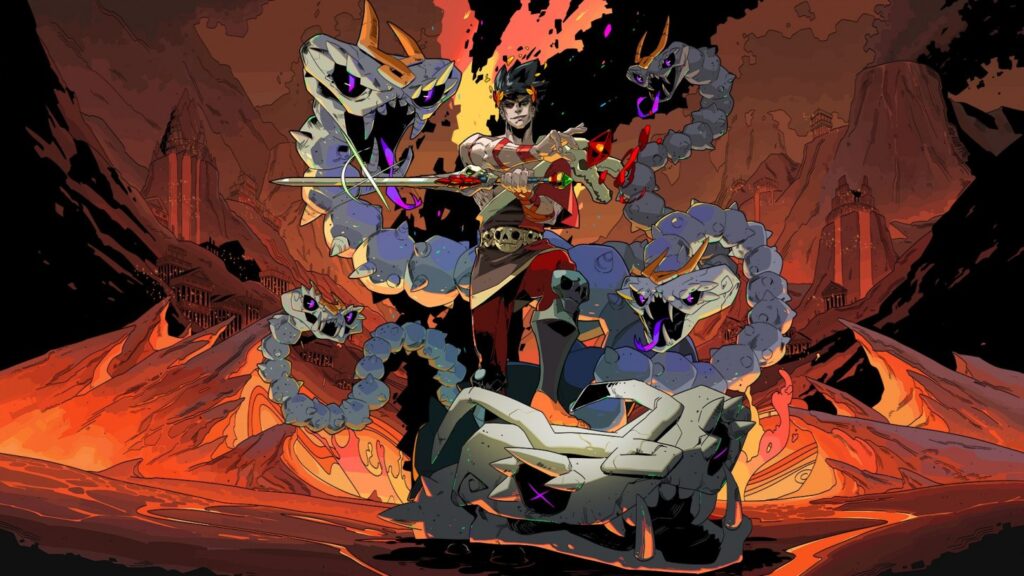
While Rogue Legacy did a good job giving you story-incentive to keep playing, Hades absolutely reinvents how a roguelike game can achieve storyline success. Each action I take, each failure I eventually overcome, they all play their part in telling the grand narrative. Sure, some of these dialogues or interactions can be seen as generic, but when they’re relevant to the experience I just did, they come across as appropriate and warranted. Hades is telling a story I am a part of, and that feels great!
Hades’ appeal is also greatly helped by solid and addictive gameplay. A Roguelike game needs to keep you coming back for more, and doing so has to be fun and fresh each time (since you’ll be running through the same stages over and over again). With a variety of weapons to suit multiple play styles, incentives to use different weapons each fun, and power-ups (called Boons in the game) that greatly impact how these weapons and abilities can be used make no two runs exactly the same. I found myself partial to the Bow for the longest time, only to discover a ridiculously powerful combo with the Shield and a few Boons from certain gods. I can tell that story countless times and substitute weapons and abilities each time to make a new, fun, and genuinely exciting run through the game! Hades has achieved the perfect balance of familiar and unknown, making you want to keep playing to see what else you can achieve.
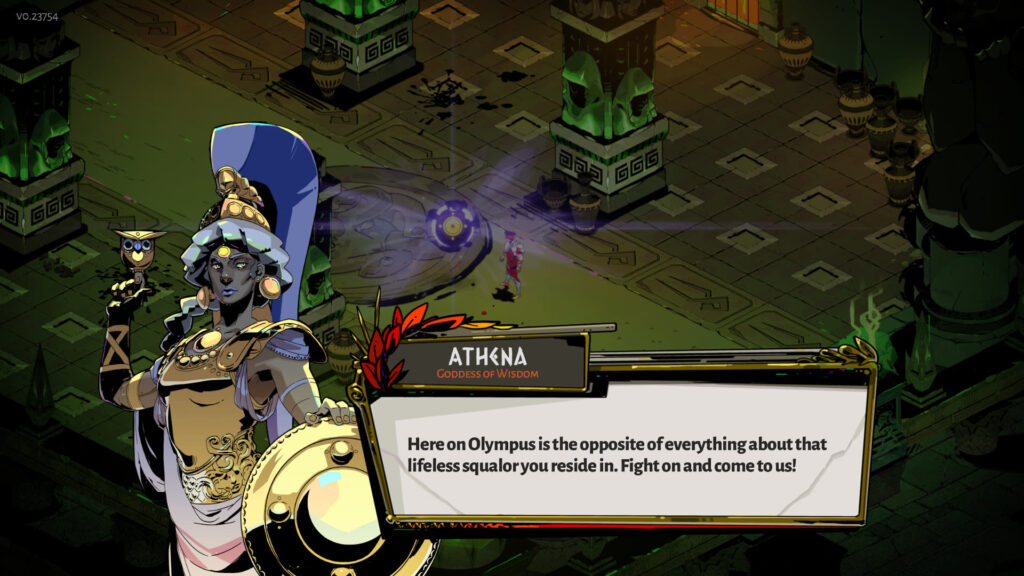
After playing the game over and over, you can really appreciate the attention given to the game’s nuances. For example, certain weapons will be much better suited for dispatching some foes than others. The Blade, for example, is great at slashing at close, weak foes, but struggles somewhat against fast enemies. The Spear, on the contrary, is great at combating mid-range foes, but not at dealing with large batches. Don’t live by that standard, however, as the Boons you get can change that dramatically. I received a power-up that allowed my Spear to travel between targets before flying back to my hand, dishing out huge damage to any enemy hit from behind. It’s seemed overpowered and I absolutely loved it! Hades has a terrific base game already set up, and the in-game changes you can acquire not only give you a fighting chance to actually overcome them, but also change up the entire way the game is meant to be played.
If it wasn’t apparent from the name of the game, Hades‘ setting takes place in the Greek pantheon of gods. You play as Zagreus, the son of Hades, the god of the dead, as he attempts to escape from his underworld home to the surface above. Easier said than done, though, as seemingly countless foes and obstacles block your path. Helping you along the way are your aunts, uncles, and cousins in Olympus. In certain rooms you can unlock a Boon from one of the Greek Gods, which grants Zagreus incredible enhancements and power-ups. Zeus, for example, can add a chain lightning ability to your ranged ability, allowing it to hit multiple foes. Athena can make you invulnerable for a few seconds. Ares can give you huge boosts to your damage, and the list goes on. There are also other Greek figures you may know, like Sisyphus and Achilles, you can interact with as well. If you know some Greek mythology, you’ll be somewhat in the know of the interactions between the gods. Even if you’re not, there’s still a lot of god-to-god ramblings that add a ton of value and enjoyment to the game!
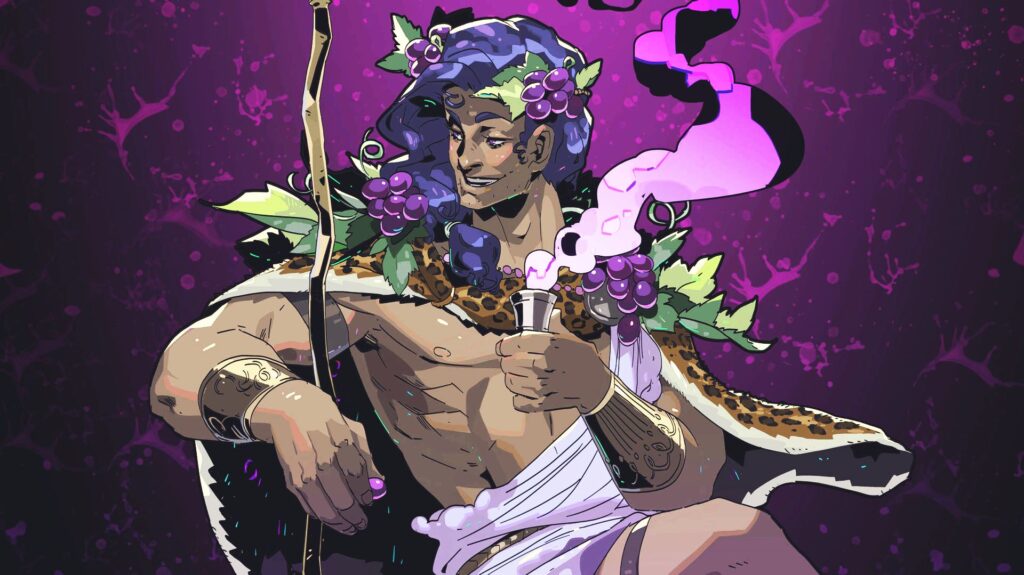
After you finally make it out of the underworld and reach the surface, the game is far from over. Sure, you’ll be doing the same things time and time again (escaping to the surface), but the way you get there is still worthwhile. More challenges unlock after completing your first run, rewarding you with new weapons and power-ups. The story continues well past your first completed run, meaning multiple playthroughs are required to see the credits roll. Your overall enjoyment with the game will be directly tied to your enjoyment of the grind. While I think the grind in Hades is absolutely worthwhile, it is hard to deny the grind is present. Still, though, I would highly recommend giving this game a try even if you have a passing liking of the genre.
Speaking of the genre, I don’t think I can go back to any other Roguelike that isn’t like Hades. Seeing how the story wraps around what I’ve done, or what I’ve failed to do, is game changing. No longer are the repeated runs pointless to the story’s progression. Rather, they are enhancements to the overall story. They’re you’re own experiences, and will differ from someone else’s. This is the genius of Hades. And it absolutely makes the game a must play.
Laters,
Jsick
